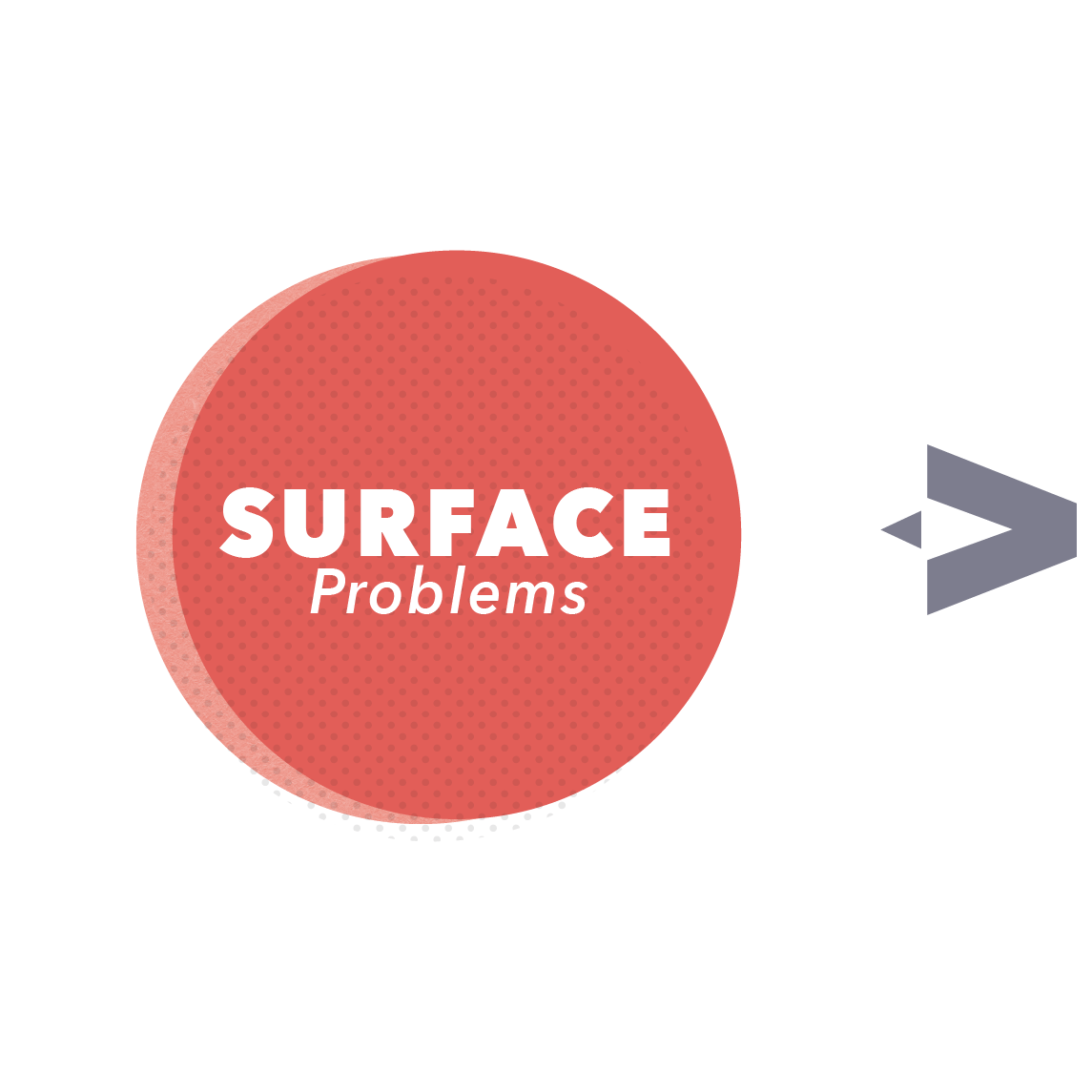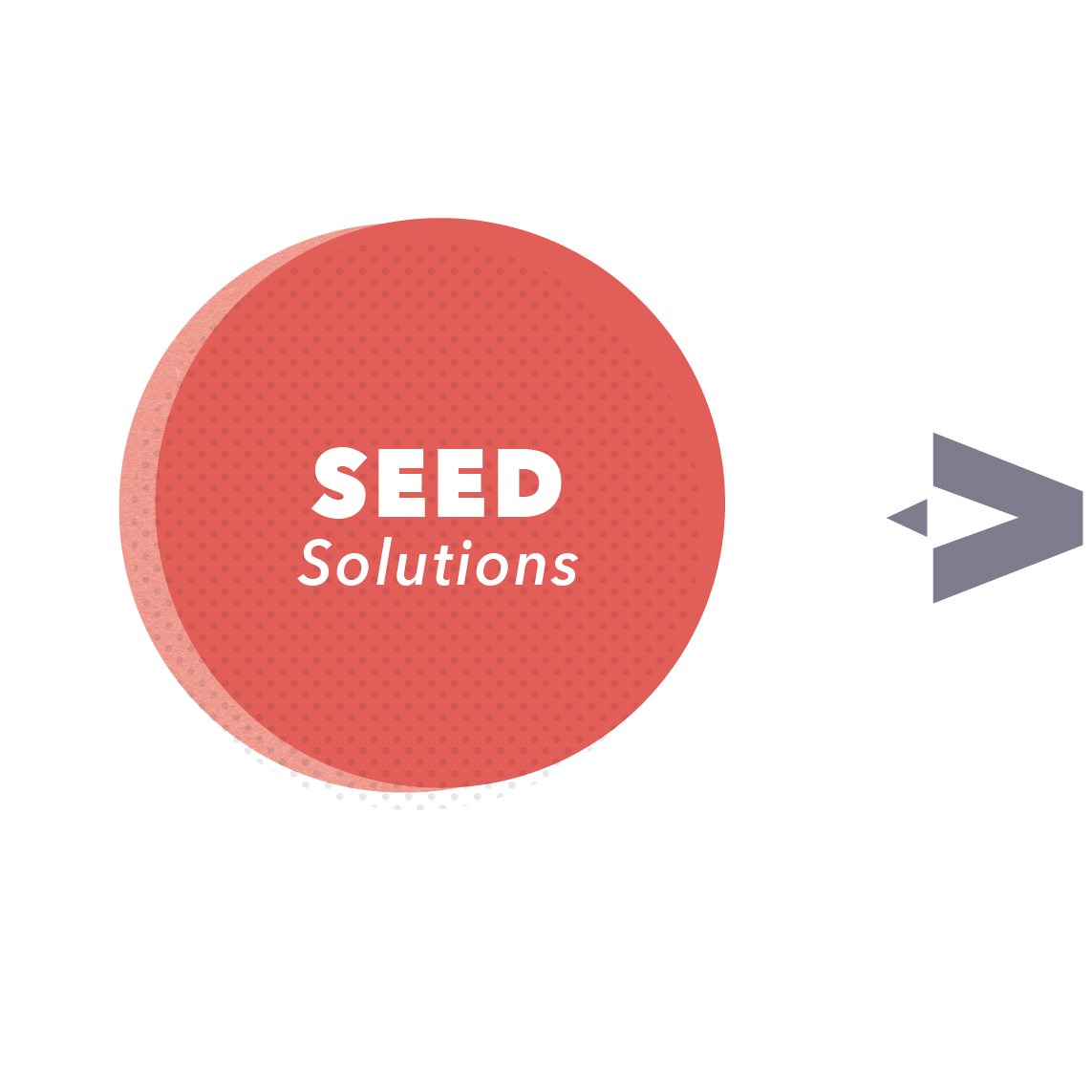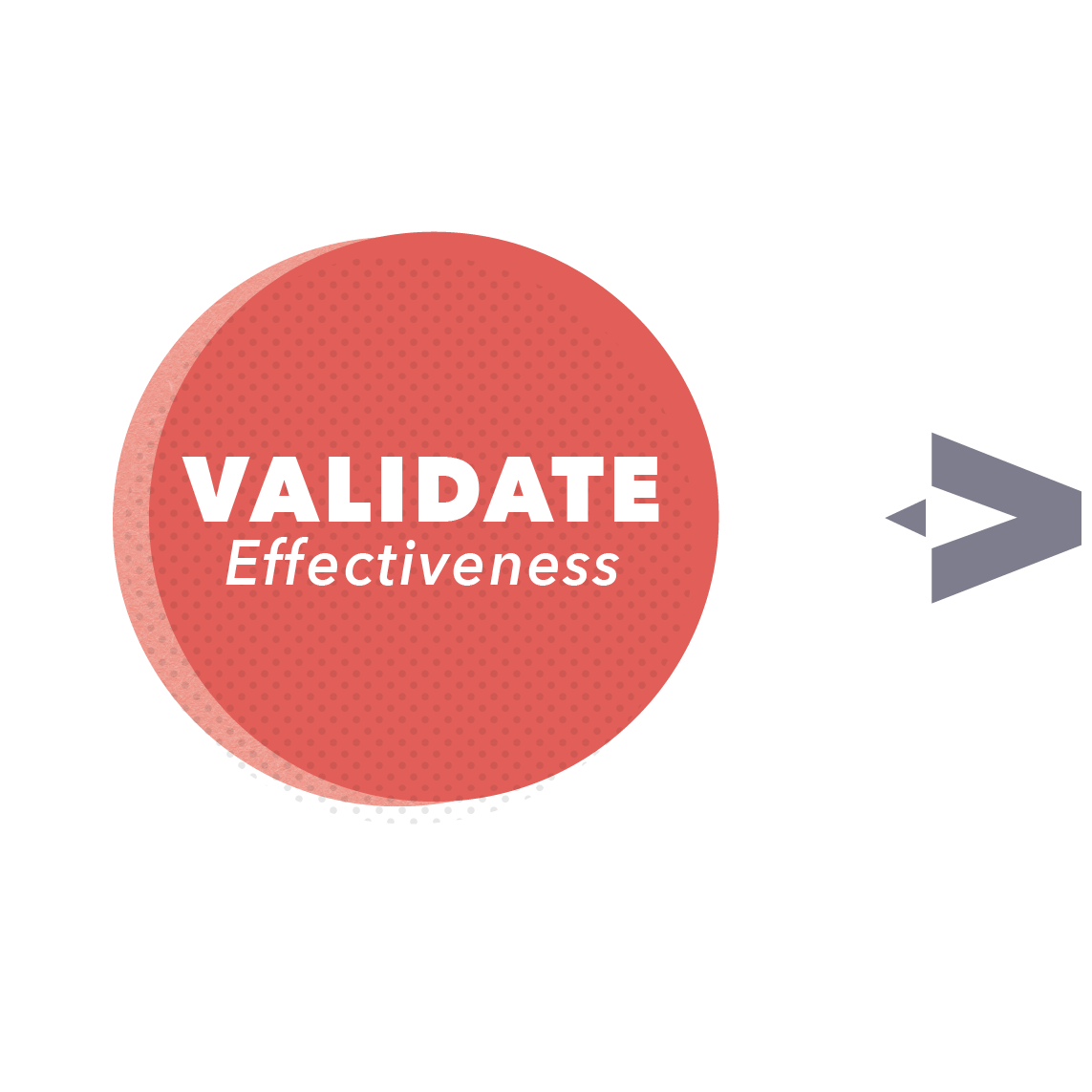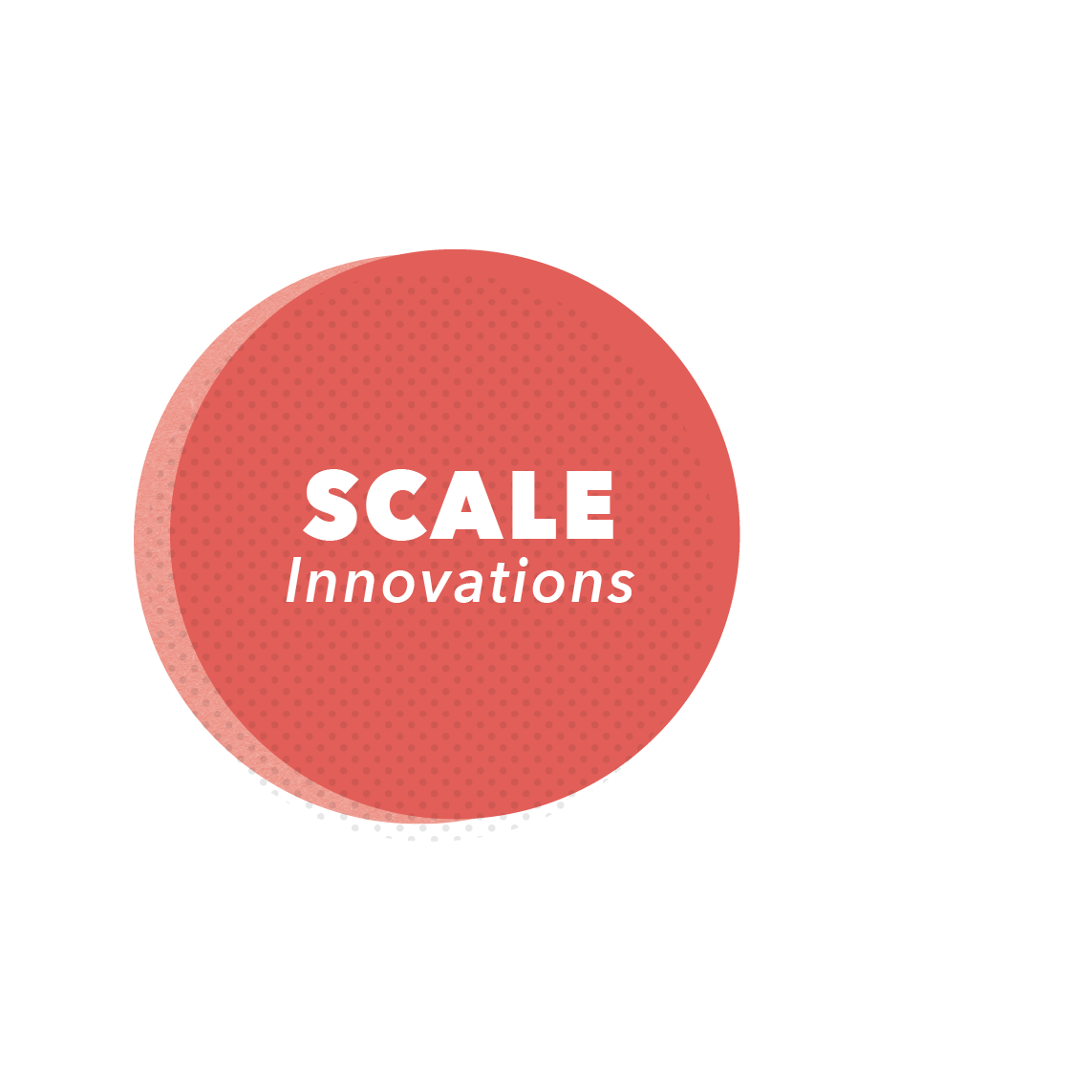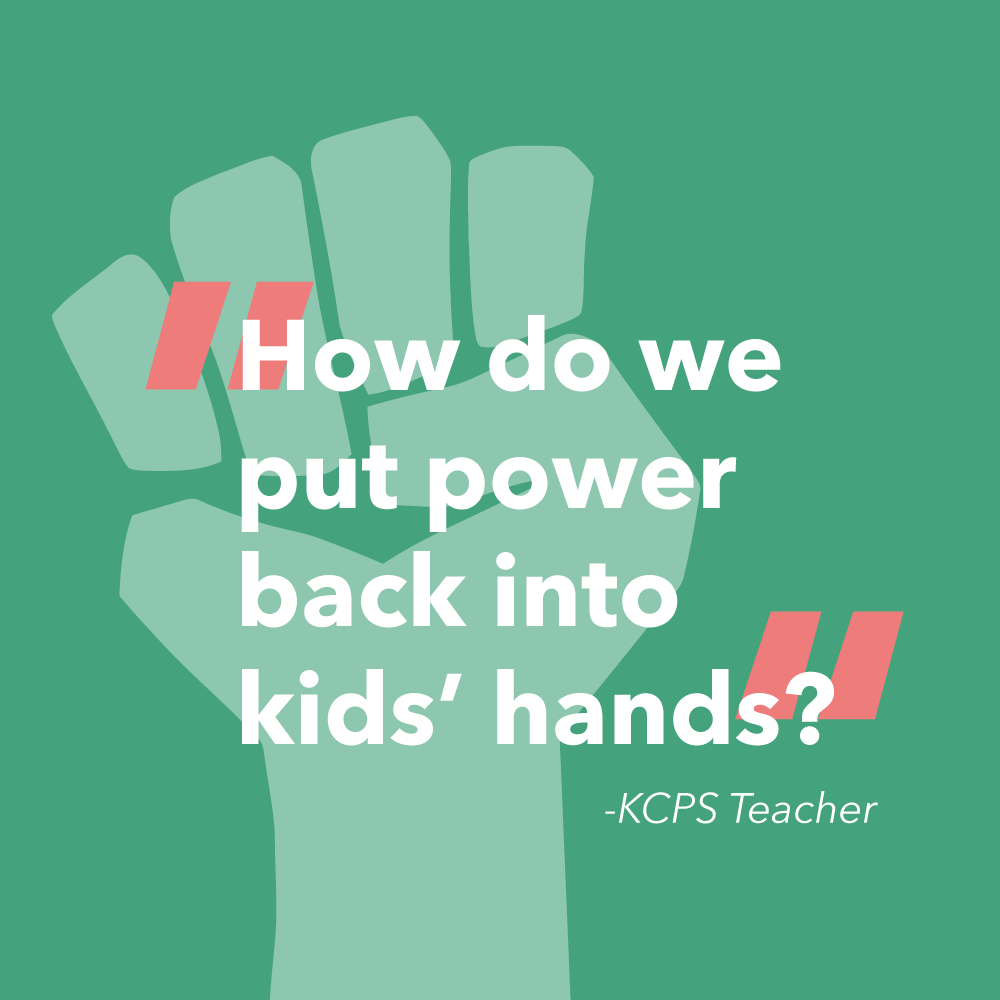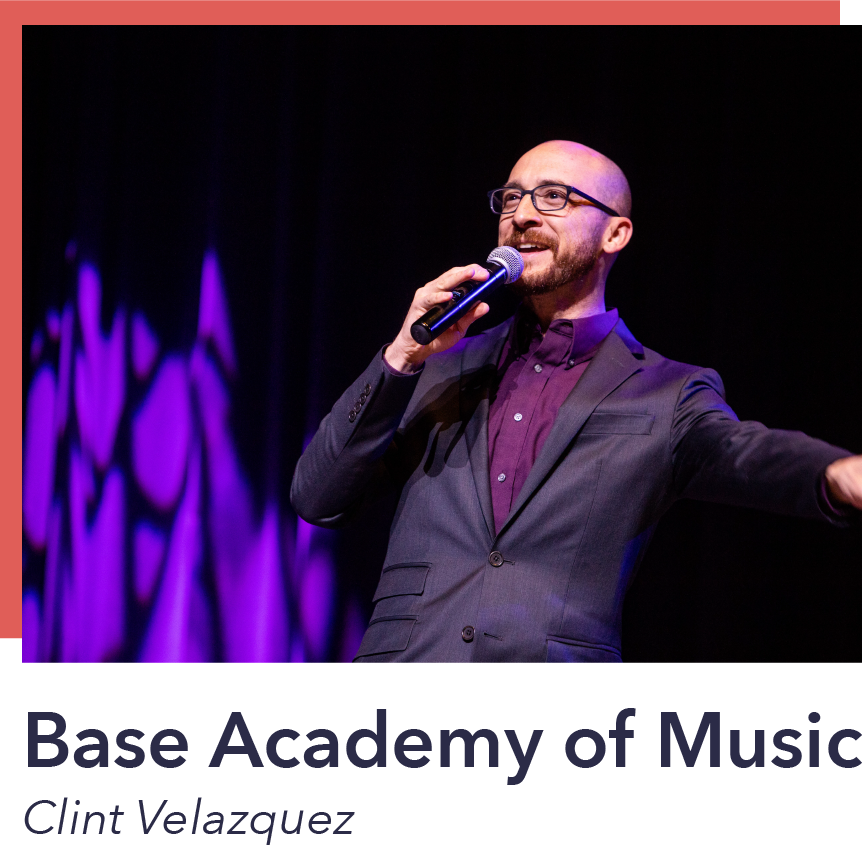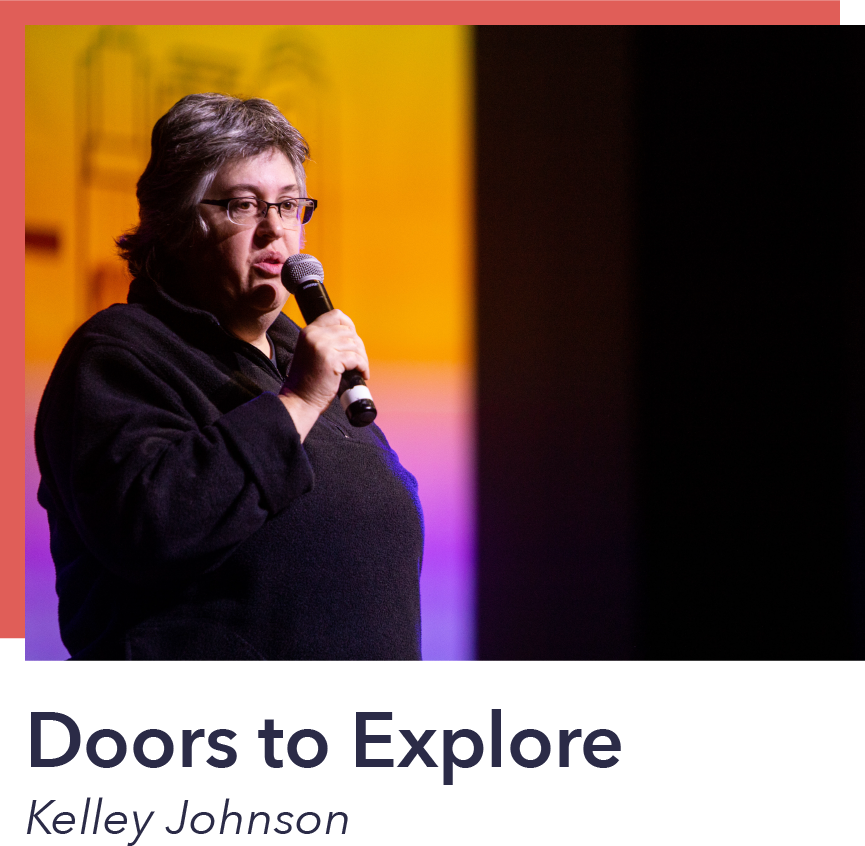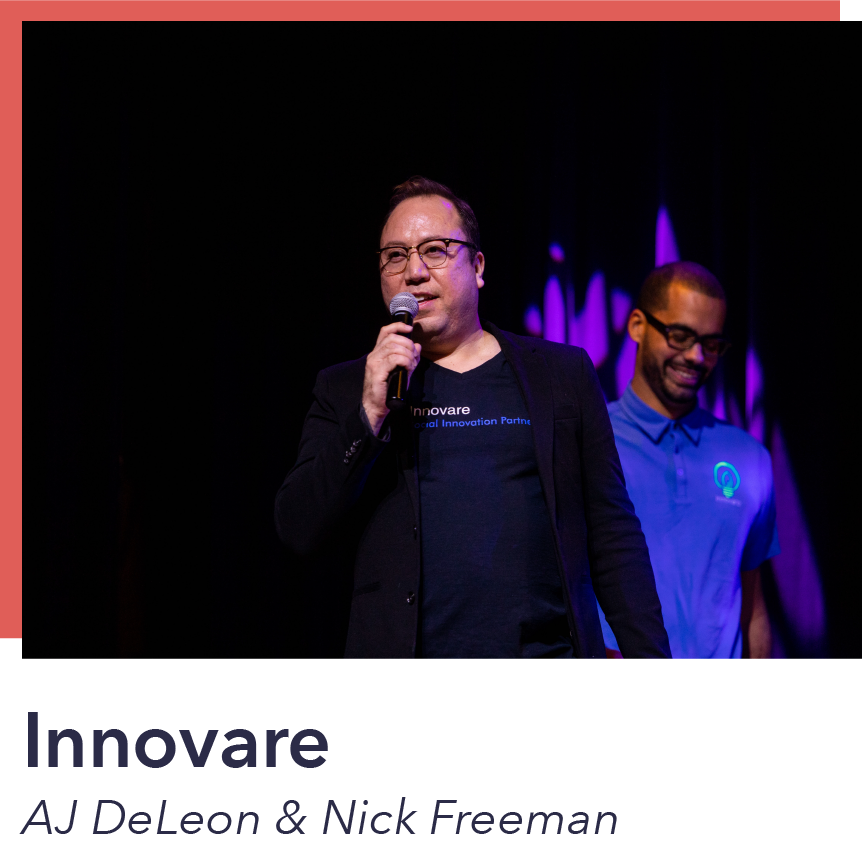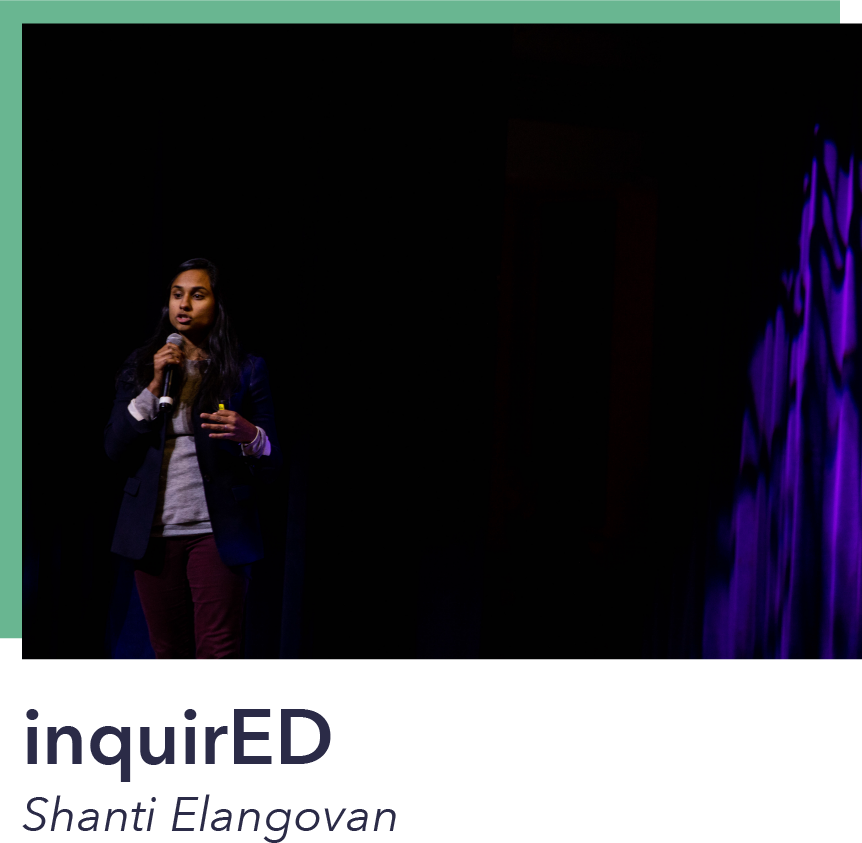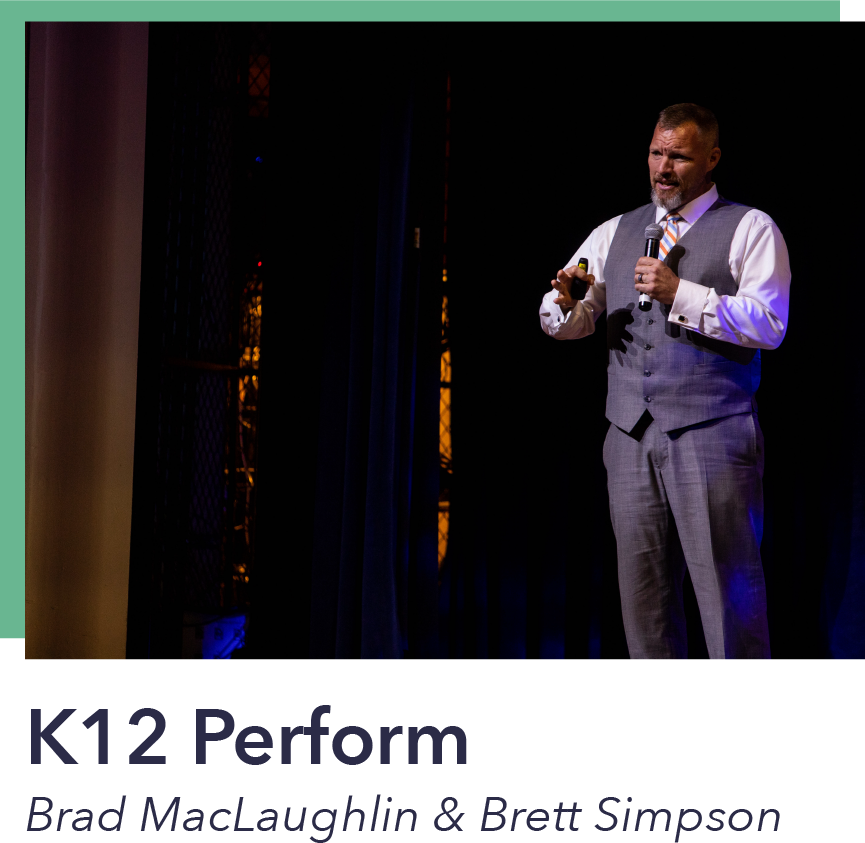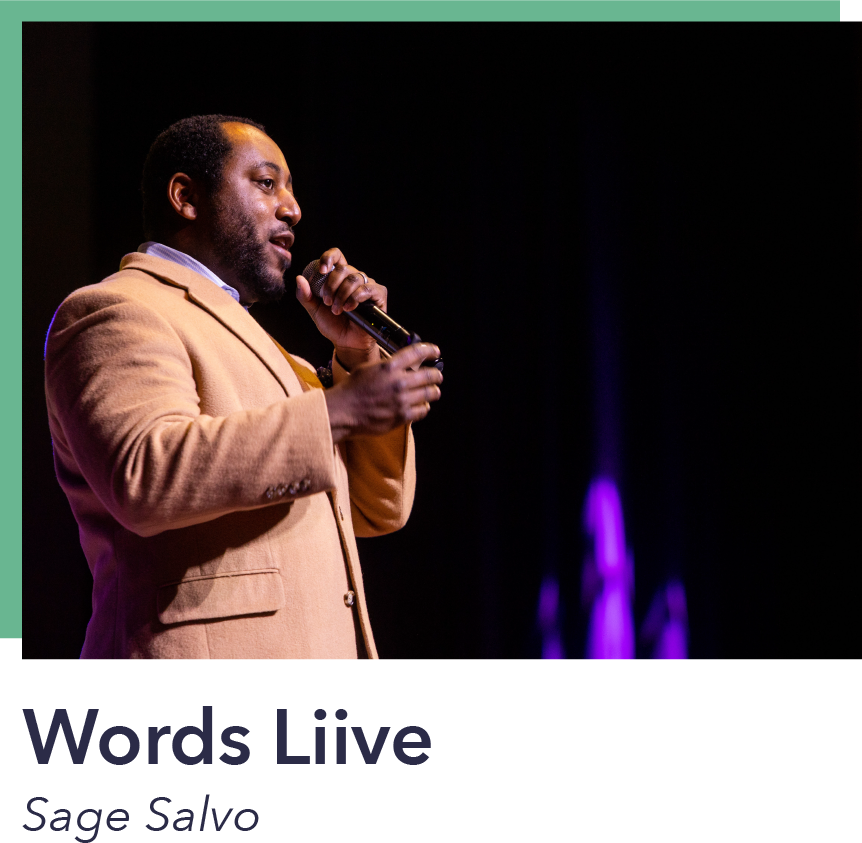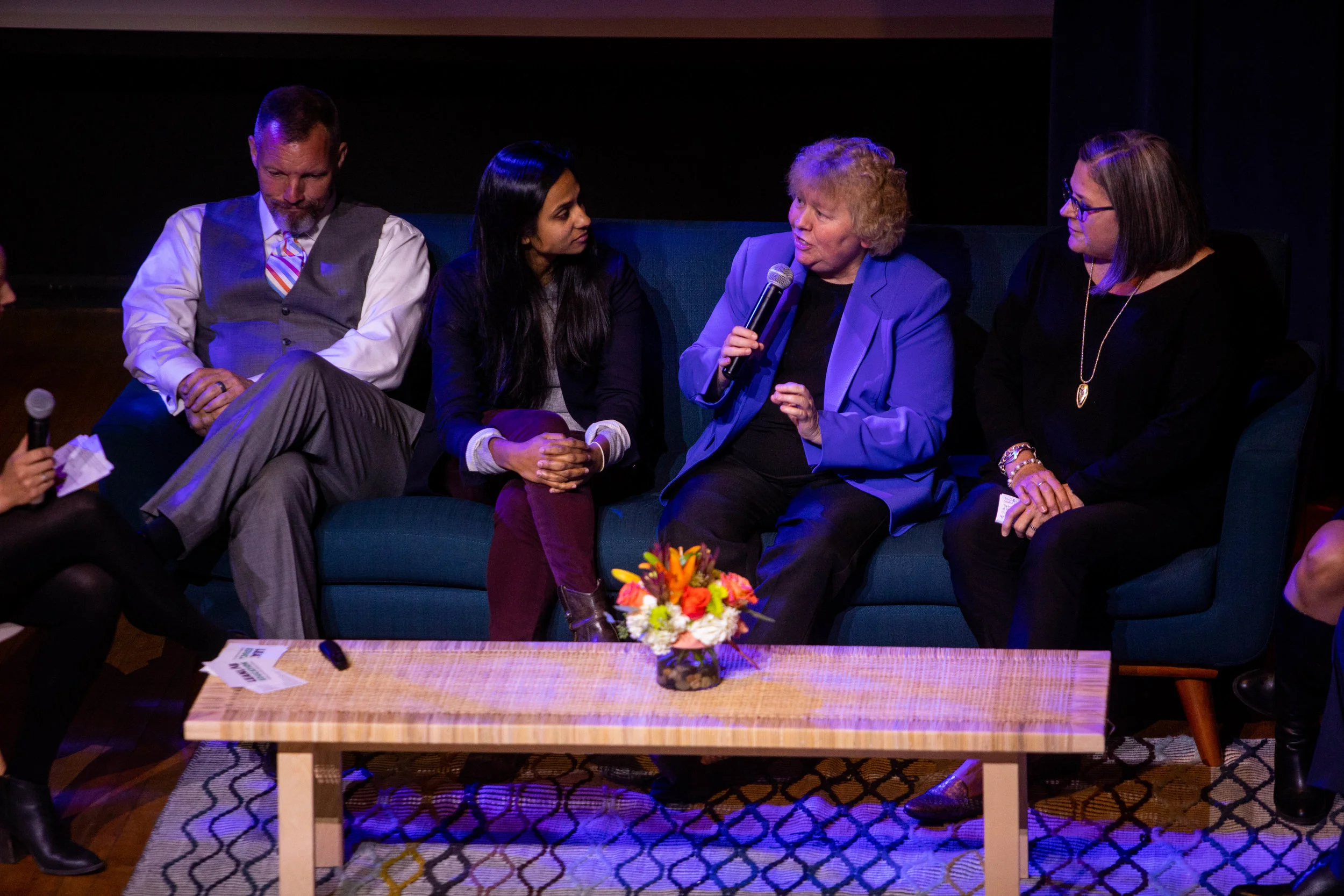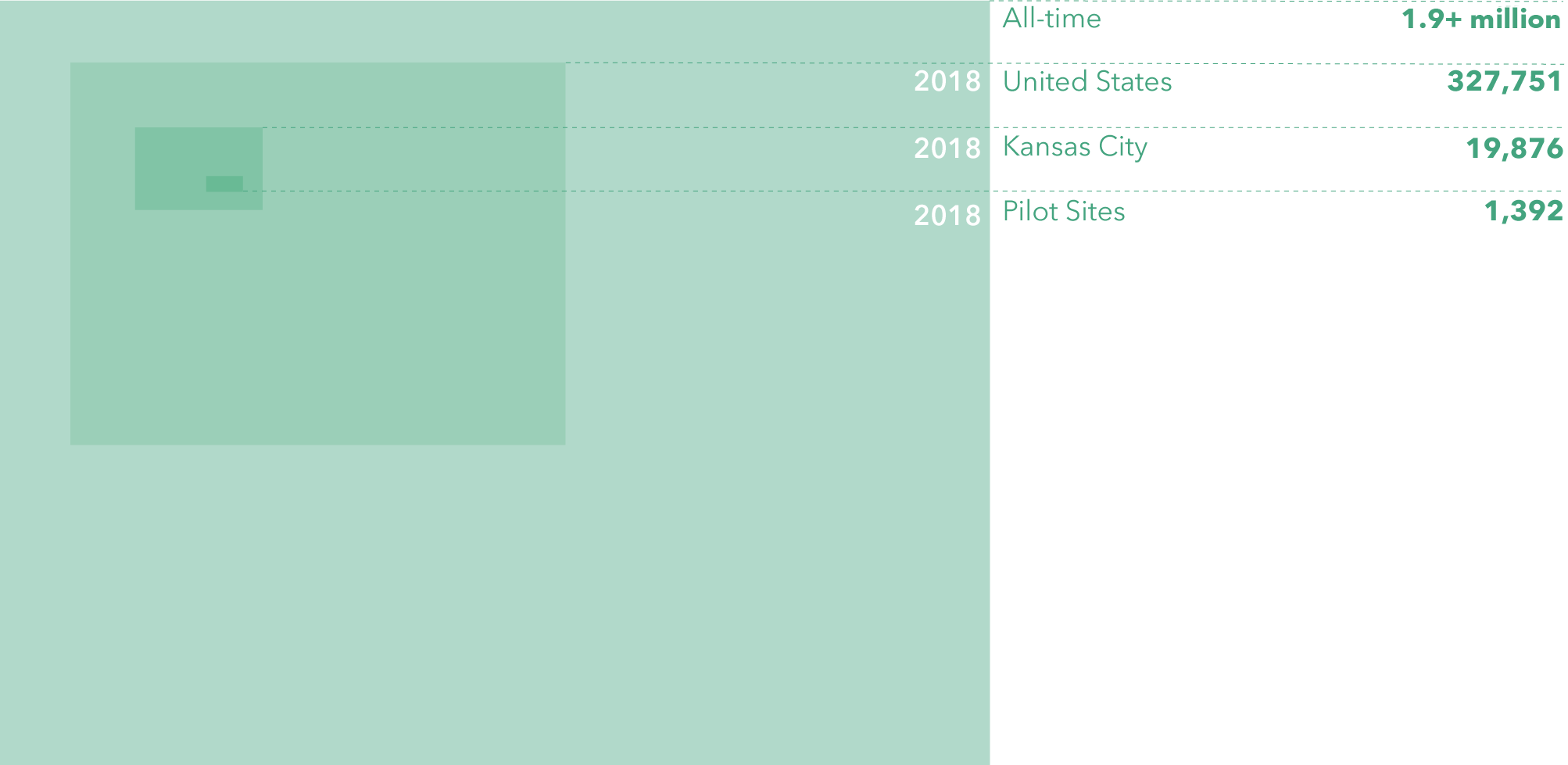Since our founding, I’m proud to say that LEANLAB Education has mobilized 28 ventures who have collectively impacted over 3 million students. Many of these ventures are solving meaningful problems in new ways; they are working on making school transportation more transparent, safe and reliable, making it easier for school leadership to make data-informed, strategic decisions, and making critical thinking and inquiry-based lessons accessible to all.
Yet, it is arduously painful to acknowledge that in our own backyard of Kansas City, not enough—quantifiably—has changed, especially for black and brown children living in poverty. It is even more daunting to note that this trend is not unique to Kansas City—it is present across the nation. Despite hundreds of millions of dollars of philanthropy and countless education reform efforts, staggering inequities in educational outcomes persist. Again, we’ve gotten good at slightly tweaking models, rather than transforming them.
Students entering Kindergarten this year will graduate into a world that looks vastly differently than it does today. To give these students a chance to succeed in an uncertain future they need an education radically different than the antiquated curriculum so common in classrooms today. They need innovative ideas and they need them fast. That’s why we work to find the most effective solutions addressing our community’s biggest pain points and rapidly bring them to scale.
“We envision a world where all children are free thinkers,
well equipped for the future. ”
We start by building relationships with the community (parents, students, teachers, and administrators) to uncover the most deeply felt pain points like school transportation, illiteracy, and innumeracy.
Then we find the most ambitious solutions and entrepreneurs working to solve these problem. Entrepreneurs that have early evidence of impact but need help scaling and reaching more students.
We match these entrepreneurs with researchers and partner schools to design a pilot study and measure their innovations’ effectiveness in a real classroom.
Then we work with the most promising innovations to help them achieve scale by leveraging collaborations between networks of schools to the benefit of both the schools and entrepreneurs.
Surfacing the hardest problems to solve.
Before we endeavor to fix the problems of K12 education, we have to understand what those problems are. So we asked the experts—the teachers, students, parents, and administrators that are in the classroom every day.
We conducted two extensive listening tours in 2017 and 2018, consisting of one-on-one interviews and focus groups with the education community in Kansas City. Through this work, we uncovered six critical issues that will inform the innovations we support moving forward.
2017
There is a lack of coordination between schools, communities, service providers, and the business community.
Communication between the parent community and schools is inadequate.
Students desire more engaging learning opportunities.
2018
Mental health and social emotional learning supports for students are lacking.
Students need to gain an advanced level of literacy.
Critical thinking and problem solving skills will be crucial to prepare students for the future.
We believe that the best solutions to our schools most pressing problems can only be achieved when those most affected—students, teachers, parents, and administrators—are active participants in the solution-making process.
That’s why we match promising, early-stage entrepreneurs with innovative public schools to work collaboratively to validate and refine their innovations in actual classrooms. With real-time feedback from students, parents and teachers, our entrepreneurs are able to make swift modifications with the goal of rapidly increasing student impact.
While our fellows work on proving and accelerating their innovations’ impact, they also receive best in class curriculum and coaching in venture development. The end goal is to leave the program with a proven, effective solution that has impacted hundreds of local students—and can be brought to scale, impacting hundreds of thousands more.
Clint Velazquez believes that music education is a vital part of a complete education and students who want to study music should be able to, regardless of the community they live in or their economic status. Base Academy of Music aspires to see our schools, our communities, and our city transformed by a generation who knows and creates beauty through music.
After years speaking to classrooms about her career as an engineer, she felt there was a better way to introduce students to the diversity of STEM careers. So she started Doors to Explore, an immersive app that matches students to career possibilities based on their interests. With the DTE platform, she hopes to bring equity to the STEM landscape by providing all students the ability to envision a career pathway in STEM.
AJ DeLeon and Nick Freeman started Innovare as a way to make data more accessible to school leaders and provide them with frameworks and strategy tools to give them agency and clarity in their improvement processes. Their EdNovation Platform gives school leaders a framework, to transform them into stronger leaders, so that they can make faster and sustainable impact on the students and communities they serve.
Shanti Elangovan believes that large-scale adoption of inquiry-based learning would revolutionize K12 education—improving outcomes and improving students’ curiosity, resilience, collaboration skills and creativity. The inquirED platform streamlines this process for teachers, embedding professional development into a variety of inquiry-based learning units so teachers can focus on implementation.
For K12 Perform, Maclaughlin partnered with Brett Simpson to codify his expertise as a superintendent through consulting, performance management, and leadership development. Together, they want to give school leaders the capacity to meet and exceed accountability and performance requirements; ultimately, providing students with an enriched educational experience focused on engagement and measurable learning objectives.
Through Words Liive, Sage Salvo aims to eradicate illiteracy across the world; starting with marginalized urban and rural school districts. His Words Liive platform teaches literary concepts and classic literature with examples from modern music and lyrics. In addition to providing students with a culturally relevant curriculum, Words Liive streamlines lesson planning for teachers, giving them more time to form human connections with students.
Research Profile
inquired and Pitcher Elementary
In June 2018, during the final stage of our selection process for the K12 Fellowship, school leaders gathered to choose the finalists for our fellowship. Among them was Dr. Karol Howard, principal from Pitcher Elementary, a KCPS school on the eastern outskirts of the district. During our listening tour Dr. Howard had been adamant about the need for students to develop critical thinking skills, “with the world changing the way it is,” she said, “they need to be able to think and to analyze to make critical decisions [...] Companies need people who can think, who are creative, who can make decisions. They don’t need people standing on the assembly line anymore.” So, it follows that Dr. Howard would choose to work with Shanti Elangovan and inquirED, an inquiry-based learning platform.
When Shanti and Dr. Howard began working together at the beginning of the fellowship, they quickly decided what they wanted to measure in the following months. First, they needed to find out if teachers with no previous training in inquiry-based learning would be able to effectively implement inquirED. Second, they wanted to find out if the platform increased student engagement. To measure this, Shanti and Dr. Howard, along with Lori Bestgen and Jeannette Ashby-Welter—Pitcher Elementary’s instructional coaching team—worked with Dr. Ebony Edwards to develop observation criteria, surveys, and focus groups.
““Last year we’d talk about content, and they’d forget about it a few days later. This year we’ve gone so deeply into the content that they not only can tell you about it, they can apply it to other things they’re doing. “
”
Over the course of the next few months, Lori and Jeannette completed a total of 14 teacher observations and 14 student observations using the inquirED teaching practices observation tool. Their observations found strong evidence that students were independently learning and collaborating more than control classrooms. They also found teachers were facilitating independent learning, cultivating a collaborative community, assessing and differentiating learning, and promoting a growth mindset.
It was during the focus groups that Shanti received some of her most actionable feedback, though. They discovered early-on that the teachers didn’t have enough capacity to implement the inquiry-based science curriculum, so they quickly pivoted to their history curriculum. Along with this pivot, they made numerous changes to the platform based on teacher recommendations, including producing and embedding more professional development videos into the platform, adding even more capacity to teachers by streamlining the implementation process.
Overall, the results of the study are promising. inquirED was able to provide support for students behind grade level and they were able to develop facilitation guides for schools that are new to inquiry-based learning that they will be able to use across the country as they begin to expand nationally.
Over the course of the next 18 months, Shanti will continue their research at Pitcher Elementary through a $22,000 grant from LEANLAB. This longer study will include more students and allow inquirED to get more reliable results while providing teachers with evidence-based curriculum already shown to increase student engagement.
“I’ve yet to come across any accelerator as dedicated as LEANLAB is to impacting education’s true end-user: the students. The opportunity to learn from fellow education entrepreneurs, conduct research at a school site, and think deeply about business development has been invaluable.”
Transportant
John Styers & Alan Fairless
2017
After the completing the K12 Fellowship, Transportant had $11 million in pre-sales committed and closed a 785k seed round. They have completed beta testing at Seaman School District in North Topeka and Transportant will be used in six school districts starting in 2019..
Diversity Talks
Kia Butler
2017
Since leaving the program, Diversity Talks won grant funding from NewSchools Venture Fund’s Diverse Leaders program. They have secured partnerships with eleven organizations across six states, impacting over 1,000 students.
Healthy Hip Hop
Roy Scott
2017
H3 recently implemented a plan to scale their offerings through a licensed online video platform, mobile app. H3 secured a partnership with the LeBron James Family Foundation for their new school in Akron, OH. They won the $20,000 grand prize from Regnier Venture Creation Challenge, as well as a $50,000 grant from LaunchKC.
In 2018, LEANLAB fellows partnered with Crossroads Preparatory Academy, Lee A. Tolbert Community Academy, Lone Jack School District, and Pitcher Elementary to serve 1,392 students at pilots sites this Fall. Those same entrepreneurs are currently serving 19,876 students in Kansas City and 327,751 students across the United States. To-date, LEANLAB alumni have served over 1.9 million students in the United States!
Find out more about jobs created, capital raised, and entrepreneur demographics.
In 2018, we secured funding from two new partners: the Chan Zuckerberg Initiative and Missouri Technology Corporation, closing 2018 with a budget of $799,120. With their support, we hope to define the model for how game-changing innovations are validated and scaled.
Funders
Thank you to all the funders that believe in the work we do at LEANLAB.
Let’s stay in touch! We’re looking to build connections across the entire education ecosystem. Whether you’re an education entrepreneur, teacher, administrator, investor, or you’re just interested in the latest innovation work coming out of Kansas City sign up below to download our full annual report and receive updates pertinent to your interests.





